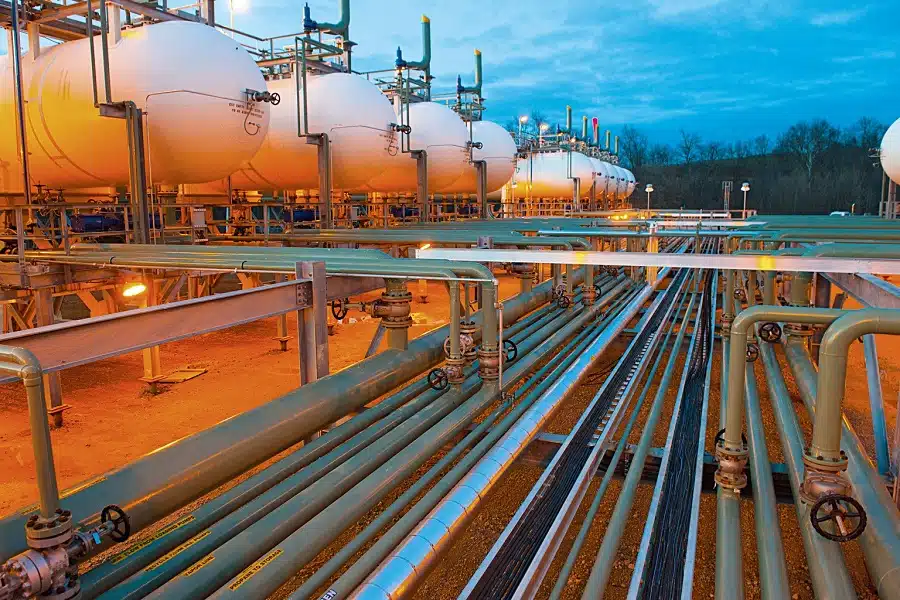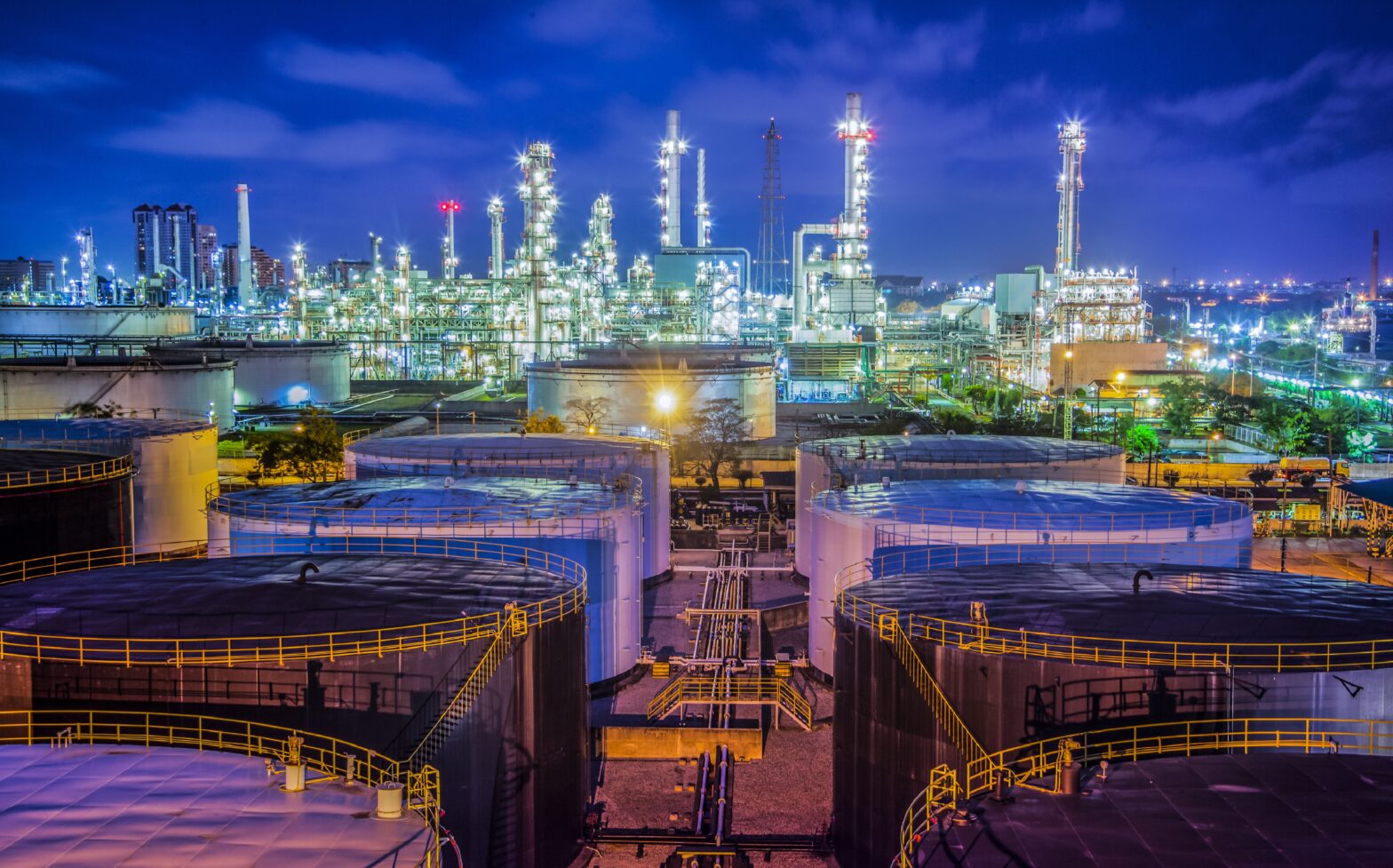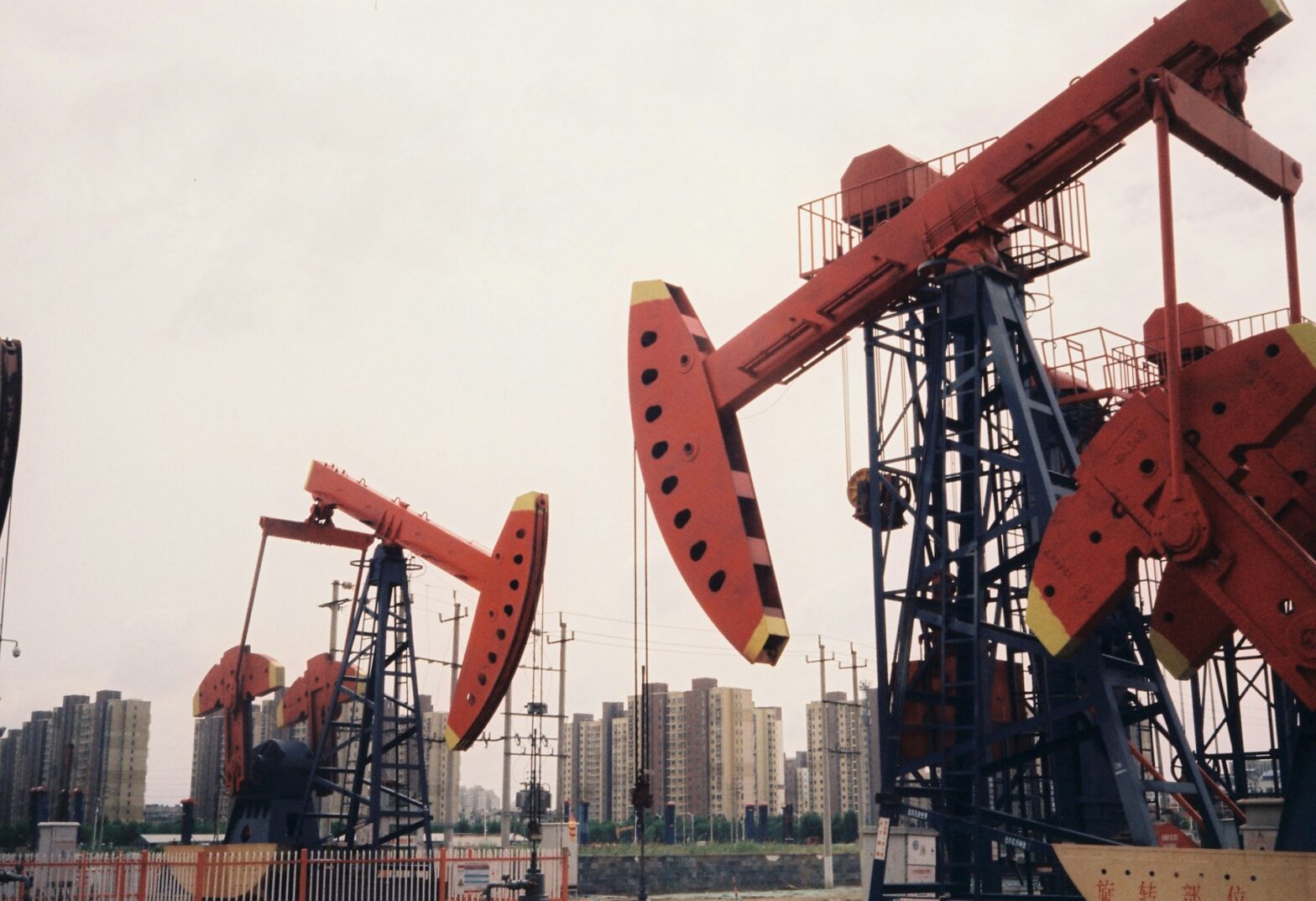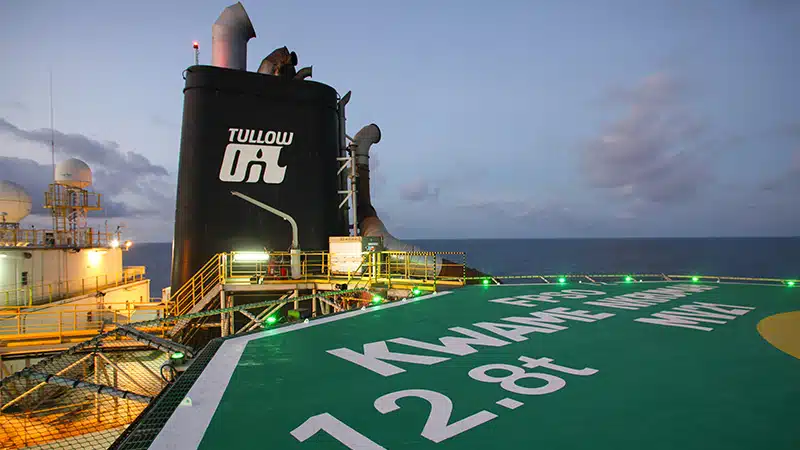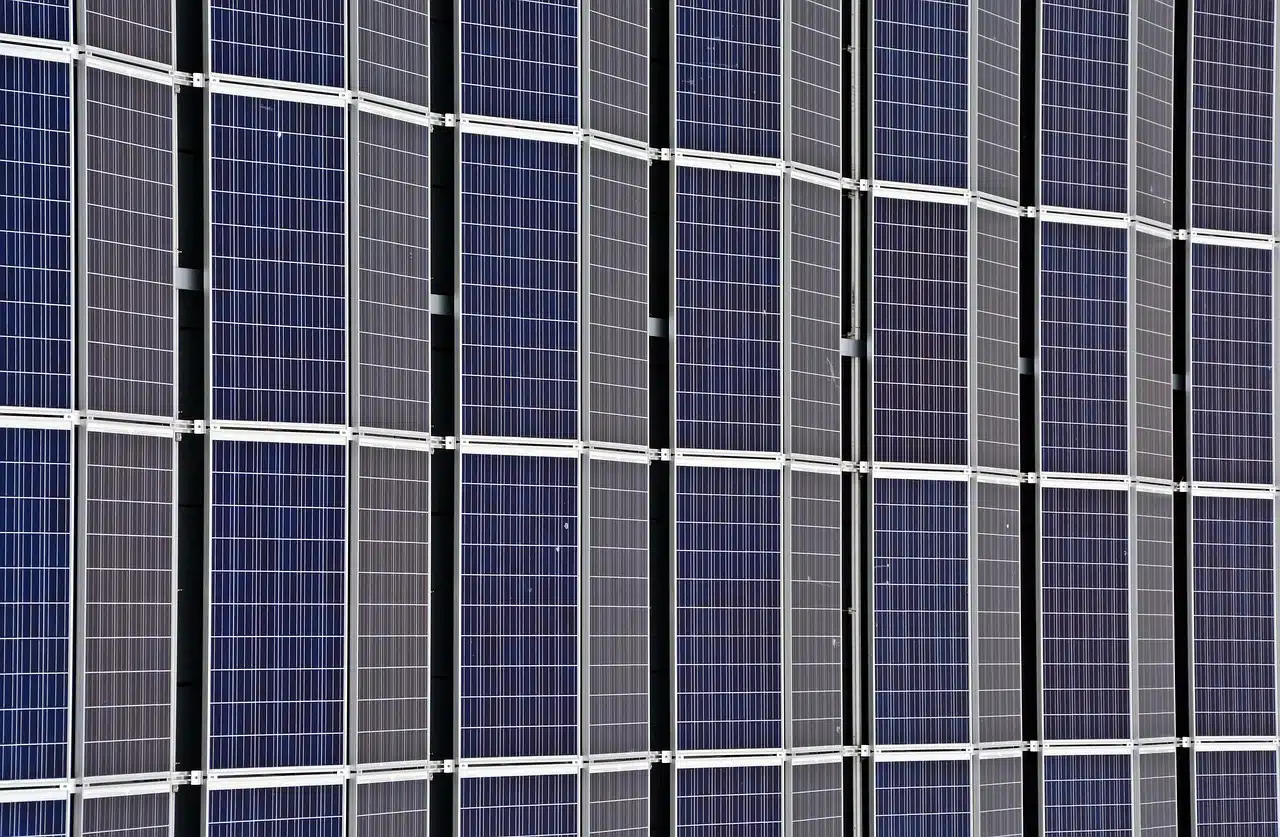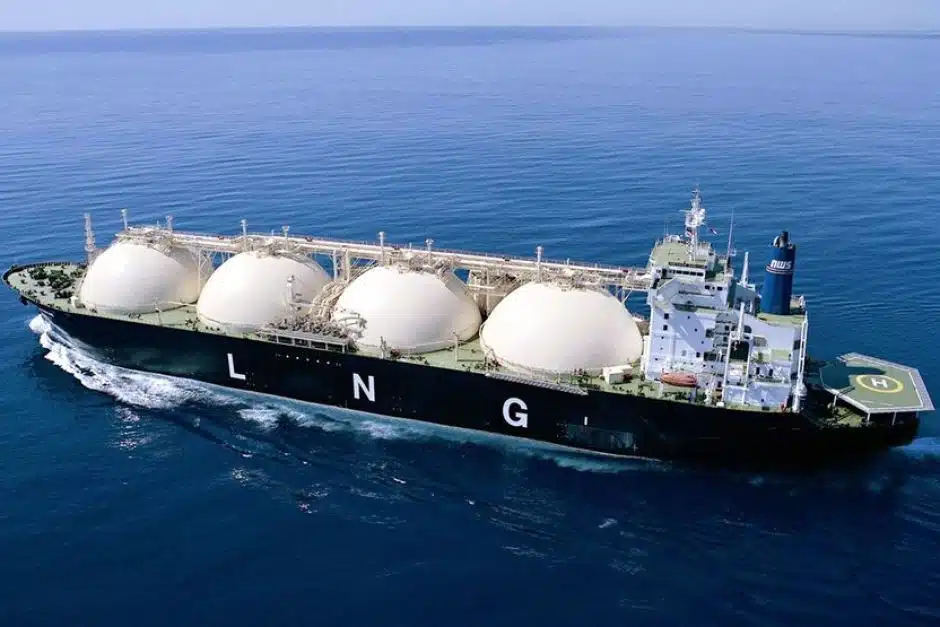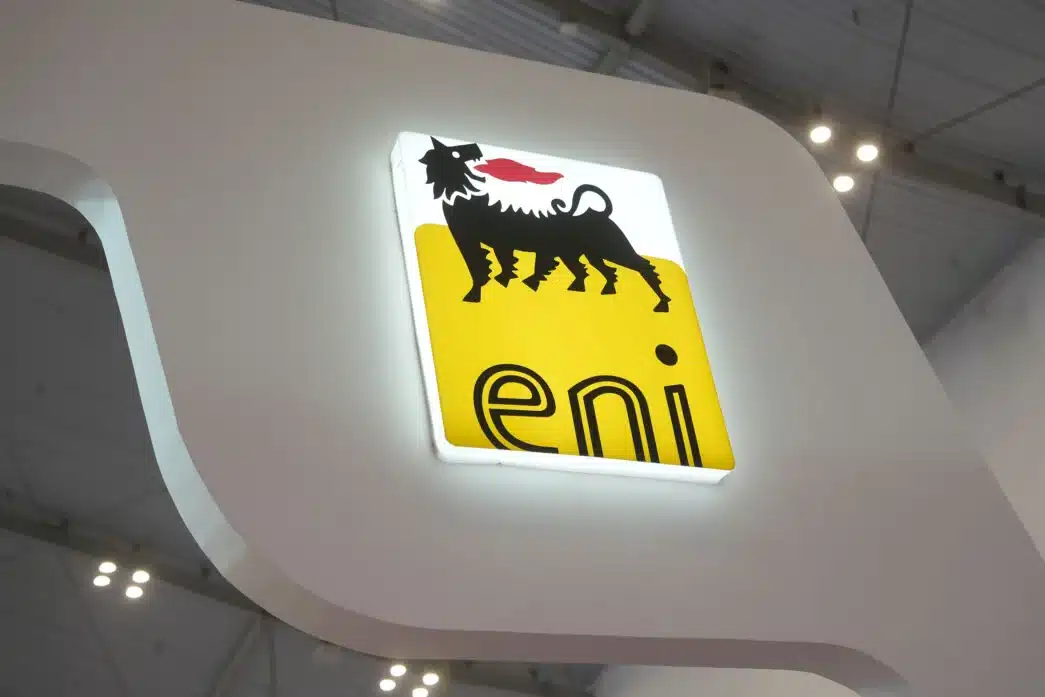In its latest Global Energy Review 2025, the International Energy Agency (IEA) reports that global natural gas demand reached a record 115 billion cubic meters (bcm) in 2024.
This marks a 2.7% surge compared to 2023, exceeding the 2% annual average growth rate recorded between 2010 and 2019 and significantly outpacing the 1% growth rate observed from 2019 to 2023.
IEA attributes this increase primarily to emerging Asian markets, particularly China and India, which together accounted for over 80% of the rise in energy consumption.
The Asian continent alone contributed 40% of additional gas demand in 2024, driven by industrial expansion and electricity generation.
However, natural gas demand in Africa grew by less than 1%, primarily due to weak upstream activity that has hindered sector expansion.
Nigeria’s position in the global gas market
Nigeria is at a critical juncture to expand its role in the global energy market, with over 200 trillion cubic feet of proven natural gas reserves—one of the largest in Africa.
Historically, the country has been a major player in LNG exports.
Between 2001 and 2017, through the Nigeria Liquefied Natural Gas (NLNG) Company, the country exported over 13 trillion cubic feet of LNG, ranking as the fourth-largest exporter globally and controlling 7% of global LNG exports in 2017.
In 2024, nearly 50% of Nigeria’s LNG exports went to Asia, while about one-third was directed to Europe.
However, NLNG’s output has plummeted by 80% in recent months due to attacks on gas infrastructure, leading to the shutdown of critical gas trains and disrupting both domestic and international supplies.
New investments and strategic projects
Despite recent setbacks, Nigeria is making strides toward leveraging global gas demand. In 2024, the country accounted for three out of the four Final Investment Decisions (FIDs) in Africa’s oil and gas industry, attracting over $5 billion in investments.
Additionally, the Nigerian National Petroleum Company (NNPC) Ltd announced that the country’s oil and gas sector secured between $16 billion and $17 billion in foreign investment in 2024, spurred by regulatory reforms and investment-friendly policies.
To enhance LNG exports and infrastructure, Nigeria has embarked on several strategic projects:
– Nigeria-Morocco Gas Pipeline: This project, spanning some 11 West African nations, aims to supply 3 bcm of gas per day, strengthening access to European markets.
– Floating LNG Facility: In September 2024, Nigeria licensed its first floating LNG plant, operated by UTM Offshore Limited, to process flared gas from Seplat’s (then ExxonMobil’s) Niger Delta operations.
The 2.8 million tons per annum (MTPA) facility is expected to begin production by early 2029.
– Brass Fertilizer and Petrochemical Project: Located in Bayelsa State, this $3.5 billion initiative will utilize 270 million standard cubic feet of gas per day, aiming to generate $1.5 billion annually in exports and cut fertilizer imports by 30%, saving Nigeria an estimated $200 million in foreign exchange yearly.
Challenges and path forward
While these projects highlight Nigeria’s commitment to expanding its gas sector, certain challenges remain.
The timely completion of LNG projects and pipeline expansions is critical to meet global demand and honor international contracts.
Clear and consistent policies are needed to attract long-term foreign investments in Nigeria’s gas industry.
Addressing gas flaring and implementing environmentally responsible extraction practices will enhance Nigeria’s reputation in the global energy market.
With strategic investments, infrastructure development, and regulatory improvements, Nigeria is well-positioned to capitalize on rising global gas demand.
By solidifying its status as Africa’s leading LNG exporter, the country can drive economic growth, energy security, and foreign exchange earnings, securing its place in the future of global energy markets.

